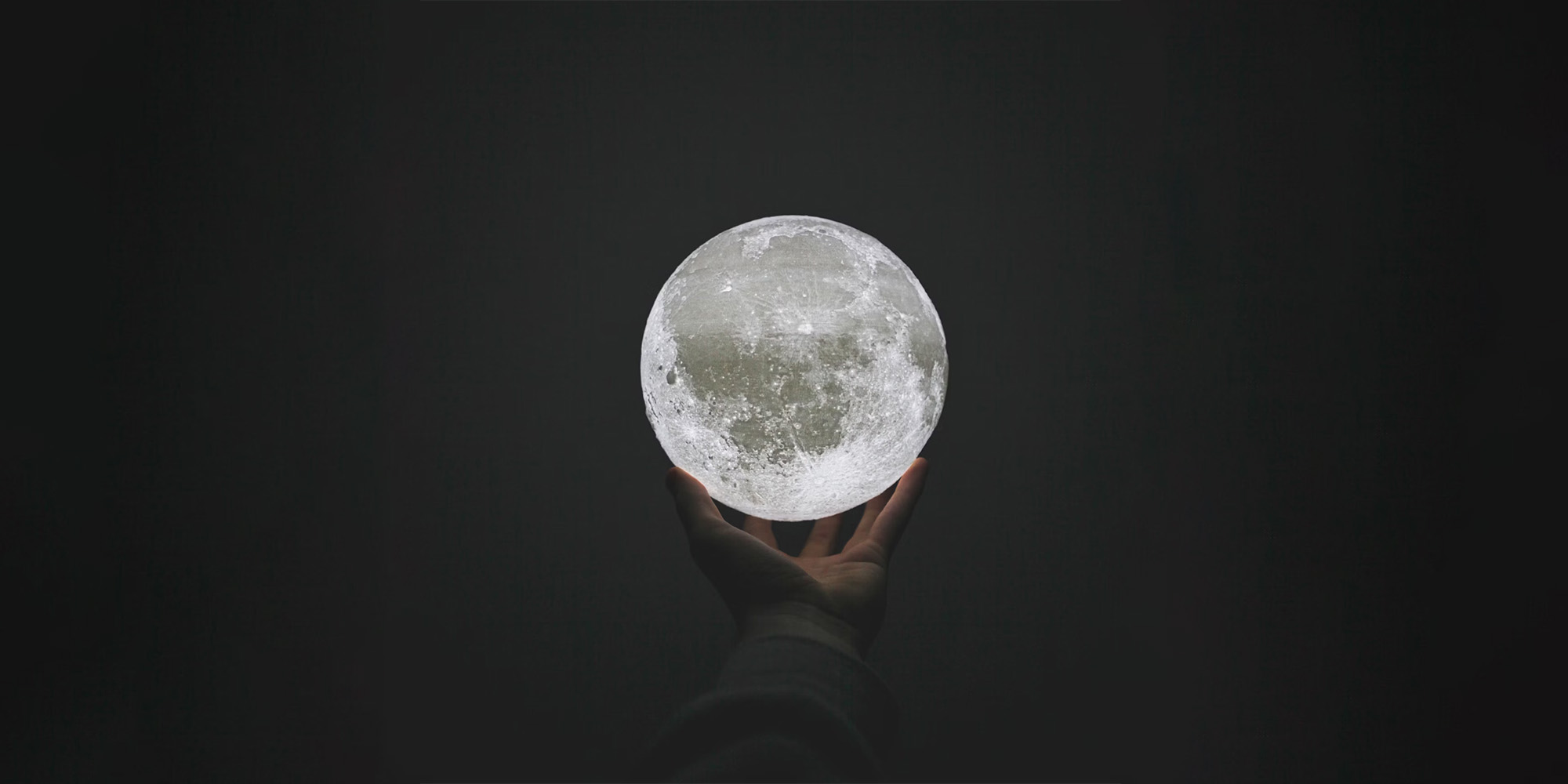Originally published in the Press-Enterprise, July 2014
If you ask a roomful of poets what poetry actually is, you’ll hear a lot of grandiloquent hemming and hawing. Poets talk about poetry like the old parable of the blind men describing an elephant: “It’s long and slender like a snake!” “No, it’s thick and sturdy like the base of a tree!”—even though they’re all talking about the same thing. But to me, the answer is as simple as it is self-evident: Poetry is magic.
I don’t mean magic as some august metaphor, nor that poetry will make a table float up off the floor and wow the crowds. I mean poetry is real, honest-to-god, actual-because-it-works magic.
Recently I started playing video games again, reenacting a part of my youth. Everyone seemed to recommend a game called Skyrim. It’s basically Dungeons & Dragons on the computer, with swords and shields and health points and all that—including magic. If you’re not a wizard and adept at magic, you cast your spells by reading a scroll. Each scroll has a silly little phrase, like “Woe be upon you,” and presumably your character says the phrase aloud to produce the desired effect.
That’s what a spell is: a string of words you recite to produce some desired effect.
And that’s what poetry is: a string of words you recite to produce some desired effect.
Unlike in Skyrim, there are no poems for walking on water or shooting lightning out of our fingertips—but you could easily say that there are poems for healing. There are poems for laughter, poems for joy, poems for sadness, poems for epiphany, poems for transformation.
Another word for a spell is a mantra, which comes from the Sanskrit “man-” (to think) and “-tra” (tool)—literally translated, then, a mantra is a tool for transforming the mind. Mantras have been a key component to meditation in the Vedic tradition for thousands of years, and are taken as seriously as any religion, distilled in the now infamous Om. Buddhism has the Great Compassion Mantra, and the Heart Sutra. Hinduism has mantras for Vishnu and Shanti. Mantra japa are recited in cycles of 108, counted on beaded necklaces called malas, which do more than just remind one of Catholic prayer beads—they’re one in the same.
No matter what tradition they’re working from, people use the sounds and rhythms of language as a nexus of meditation, in an effort to alter their own mental states. That’s all poetry is—a spell, a prayer, a mantra, transcribed by one and recited by another.
Once you see poetry in this way, other aspects of the art-form start to make a lot of sense:
- Every sound is important. If Bugs Bunny says Abracablahblah instead of Abracadabra, the Count doesn’t turn from a vampire into a cute little bat. The spell just fails. That’s why a certain word in a poem can feel “off.” And the rhythm matters, too—that’s why a poet can spend the entire day deciding to delete a comma only to add it back again. If you’re conjuring up the Devil, you don’t want to mispronounce his name.
- Every time you cast a spell, it loses some of its effect. Clichés are old spells. They’re little poems that used to work, but we’ve used them so often the papyrus is crumbling and the magic’s worn off.
- Attention matters. One of the main tenets of any school of magic is the idea that the focused will is central to execution. If your mind starts to wander, or you lose your suspension of disbelief, the spell fails. You have to have faith in the magic for the magic to work. You have to fully engage in a poem if you want to get anything out of it.
Most importantly, the poem-as-spell definition explains the fundamental connection between meditation and composition, what Elizabeth Bishop calls an art’s “self-forgetful, perfectly useless concentration.” It explains why so many poets like to write in the woods, why they all have little tricks to get in the right mindset, why it helps to read other poems first to prime the pump of language in their heads.
If what a poet is doing is crafting a mantra—a tool for altering one’s mental state—it’s necessary to be experiencing that desired state at the moment of creation. A poet’s job is to conjure a magical space, and then record it as a string of language, so that others may follow them there.
It’s as simple as that, and we should be able to say it as sincerely as a Vedic priest: All poetry is magic.
Discover more from Timothy Green
Subscribe to get the latest posts sent to your email.
